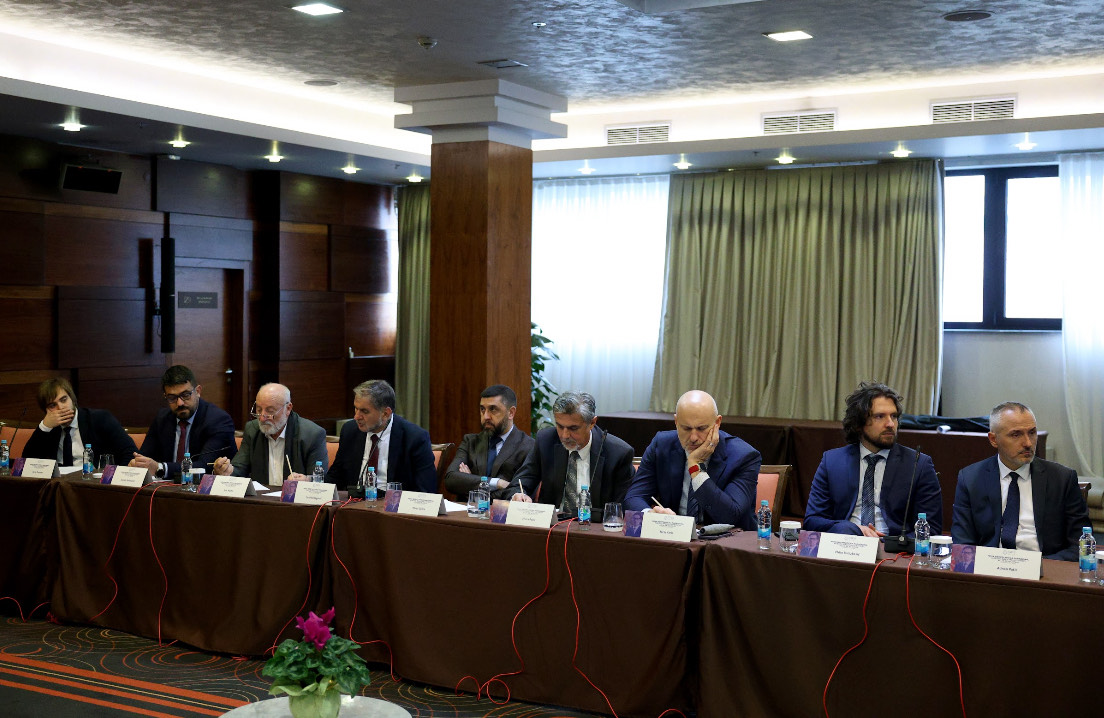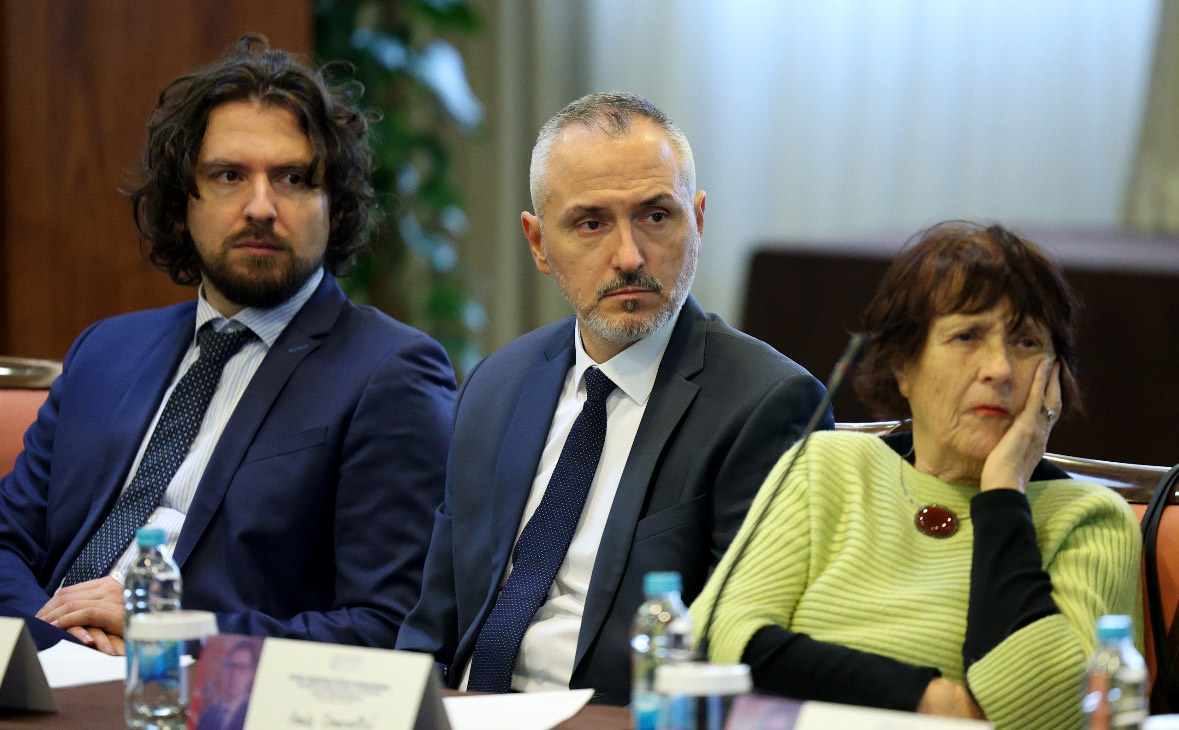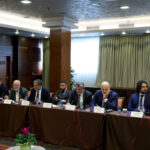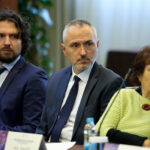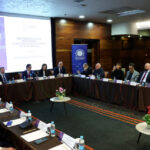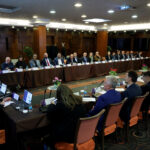“No country has ever changed the name of its state simply to join an international organization. Macedonia did — and that decision made our country safer.”
The Institute for Geopolitics, Economy, and Security (IGES) had the honour of hosting former President of North Macedonia, Prof. Dr. Stevo Pendarovski, in Sarajevo, where he delivered a keynote lecture and took part in an in-depth dialogue session with members and friends of IGES on the theme: “The New Geopolitical Paradigm: The Position of the Balkans in a Changing Europe.”
In his opening remarks, President Pendarovski offered an insightful academic reflection on the political system and political culture of the former Yugoslavia — not in a qualitative comparison with contemporary systems, but as an analytical background for understanding the geopolitical transformation of the Balkans from the 1990s to the present day.
He identified the end of the bipolar world order (1949–1991) and the emergence of the unipolar moment as the crucial geopolitical development that reshaped Europe and enabled the creation of seven newly independent states on the territory of the former Yugoslavia. A second turning point, he emphasized, was NATO’s intervention in 1999, which was perceived very differently across the region yet triggered a long-term trajectory of Euro-Atlantic integration.
From 2004 onward — beginning with Slovenia’s accession to both NATO and the European Union — a new geopolitical label became entrenched: the Western Balkans. President Pendarovski highlighted the subsequent integration milestones — Albania and Croatia joining NATO in 2009, Croatia entering the EU in 2013, Montenegro joining NATO in 2017, and North Macedonia in 2020.
Speaking on the evolving role of international actors, he underscored that the United States gradually reduced its direct presence in the region after 2001, transferring much of the political and security agenda to the European Union — an actor with a more complex and therefore slower decision-making structure. In the absence of deeper democratic experience, he noted, this shift contributed to the slowdown of Euro-Atlantic integration. Reflecting on the monumental decision to change the constitutional name of Macedonia in order to join NATO, President Pendarovski stated: “No country has ever changed the name of its state simply to join an international organization. Macedonia did — and that decision made our country safer.”
He also pointed to the Russian invasion of Ukraine in 2022 as a geopolitical moment of historic magnitude — potentially more consequential for Europe than even the fall of communism — as well as to the global political implications that could arise from a second presidential term for Donald Trump. “History shows that no state that has closed itself off has ever become great or evolved into an empire. Isolation cannot lead to progress.”
President Pendarovski concluded by stressing the importance of the prospect that Albania and Montenegro could join the European Union by the end of the decade, while expressing concern that the current government in Skopje is not strategically oriented toward continued Euro-Atlantic integration.
After the lecture, a vibrant and constructive discussion followed, focused particularly on the geopolitical future of the Western Balkans. President Pendarovski emphasised that — despite persistent obstacles — the region has only one strategic direction: full integration into NATO and the European Union, which he described as the geopolitical reality of our space.
The dialogue was moderated by Dr. Adnan Kapo, Director of the Institute for Geopolitics, Economy, and Security (IGES), who also delivered the introductory remarks.








